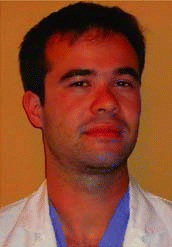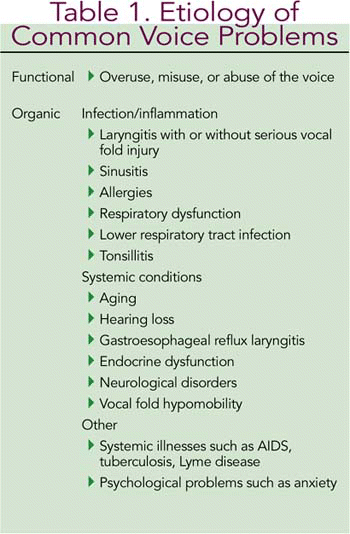“Despite increasing awareness among intensivists and respiratory therapists and more widespread use of low-pressure, high-volume cuffs, the incidence of tracheal tube cuff overinflation remains high in the contemporary American intensive care unit [ICU],” said Luc Morris, MD, from the Head and Neck Service in the Department of Otolaryngology at New York University School of Medicine during his scientific session presentation at the April 2007 meeting of the American Broncho-Esophagological Association at the Combined Otolaryngology Spring Meeting.








